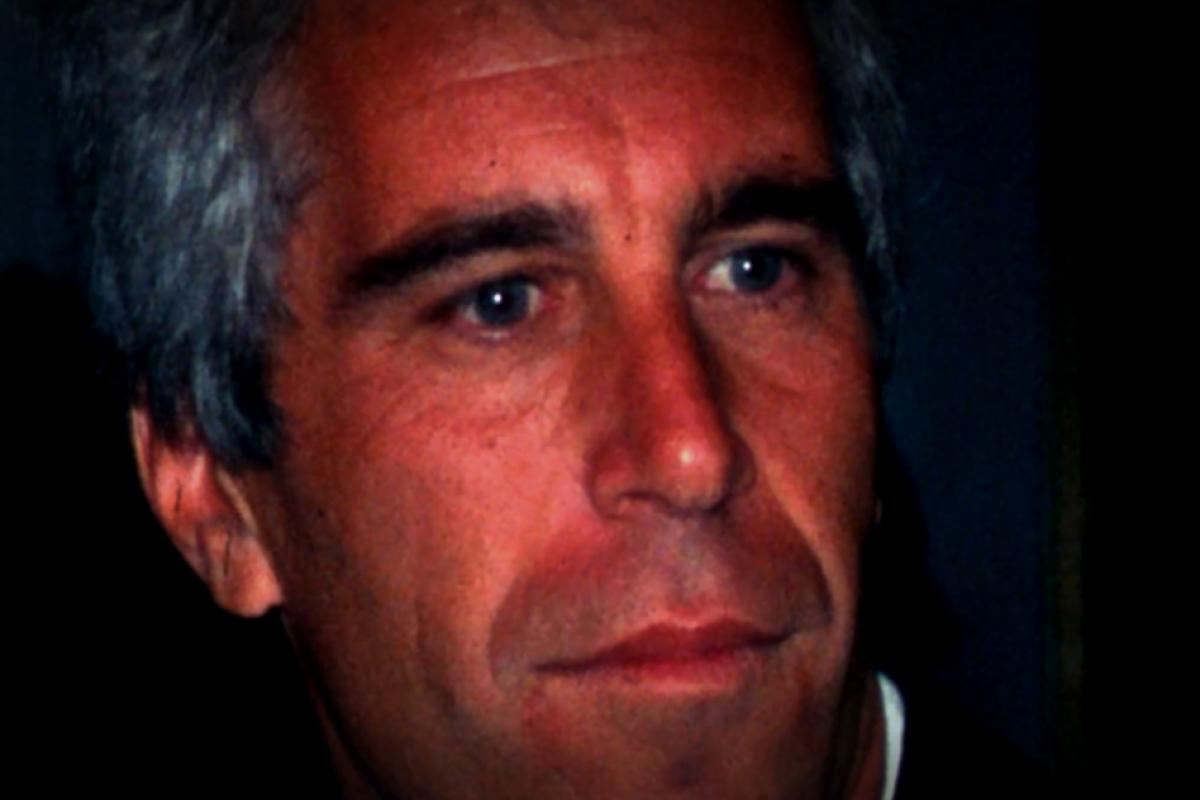Washington — Recently, the House Oversight Committee issued subpoenas targeting a range of notable former attorneys general and FBI directors. Among those called to testify are Bill Clinton and Hillary Clinton, crucial figures in the ongoing discussions surrounding convicted sex offender Jeffrey Epstein.
The subpoenas for depositions were authorized following a cooperative effort by both parties within a subcommittee. This is all part of a larger initiative spurred by Congress to extract more insights into the Epstein saga.
Additionally, the committee has subpoenaed Attorney General Pam Bondi for crucial documents related to the Justice Department’s Epstein inquiries, as well as those involving Ghislaine Maxwell, notorious for her close association with Epstein and currently serving a 20-year sentence. Bondi’s office acknowledged the subpoena but refrained from providing further details.
Seeking answers, the committee wishes to hear from both Clintons along with various officials from past presidential administrations, including former Attorneys General like Merrick Garland, Bill Barr, and Eric Holder, plus ex-FBI Directors James Comey and Robert Mueller. The motivations behind including the Clintons stem from their prior entanglements with Epstein and Maxwell dating back to the early 2000s.
Letters dispatched from Kentucky’s Rep. James Comer, the Republican chair of the Oversight Committee, share a standard format. The Justice Department is required to submit relevant records by August 19, while depositions are set for the subsequent months of August, September, and October.
Comer remarked, “As the Department works to reveal more about Epstein and Maxwell’s situations, it’s vital for Congress to keep a close eye on how the federal government manages sex trafficking laws, especially how these cases are pursued.” He noted that insights gained from the investigation could drive legislative enhancements aimed at battling sex trafficking more effectively and revising how non-prosecution and plea agreements are employed in sex-related cases.
Epstein was faced with federal charges for sex trafficking in 2019, but tragically took his own life in jail while waiting for his court date. His earlier investigations from the 2000s in Florida concluded with a controversial non-prosecution deal and a guilty plea related to state prostitution offenses in 2008.
Recent attention towards Epstein from Congress gained traction after the Justice Department and FBI released a memo last month, declaring that no “client list” involving high-profile individuals existed and confirming that Epstein’s death was indeed a suicide. The memo went on to state there was no “credible evidence” supporting claims of Epstein blackmailing influential people. Following this, the Justice Department hinted that additional public disclosures regarding Epstein’s case would not occur.
This memo’s contents did not sit well with some supporters of former President Trump, who openly questioned the lack of other potentially significant details being hidden. Amid escalating criticism, Deputy Attorney General Todd Blanche met with Maxwell last month in Tallahassee for a two-day session, just before her transfer to a lower-security prison in Texas.
Maxwell was convicted in 2021 for aiding Epstein in the recruitment and abuse of underage girls. An appeal against her conviction is presently awaiting deliberation from the Supreme Court.
Furthermore, Blanche and Bondi have reached out to federal judges in New York, pushing for the unsealing of grand jury testimony regarding both Epstein’s and Maxwell’s legal battles. This comes even though the norm requires grand jury matters to remain confidential.
In addition to the Justice Department’s steps, lawmakers are advocating for the public release of Epstein-related files. Discord among House members concerning these records has led to tense moments, resulting in the House halting votes prematurely and commencing a month-long summer recess.
Last month, House Republicans introduced a non-binding resolution aiming to make the details of the federal inquiry into Epstein available to the public. However, Speaker Mike Johnson stated that the house would delay a vote until September, when lawmakers reconvene after their break.





















